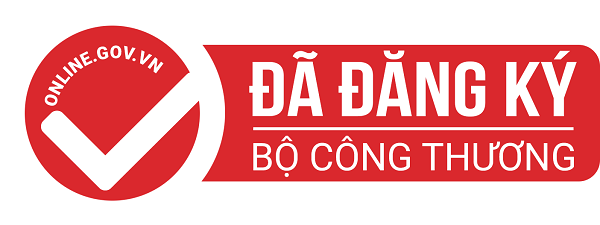Bybiz - launcher for core values
Counseling Information
In this Article extracted from a study of Tran Tu Luc and Le Khac Hoai Thanh, startups are defined as first-time registered businesses regardless of size. (including small, medium and large-scale businesses).
In Thailand, study result shown that the most significant factors affecting business success of SMEs in Thailand were SMEs characteristics, customer and market, the way of doing business, resources and finance, and external environment.
Benzing et al (2003) assesses the motivations, perceived success factors and business problems experienced by entrepreneurs inVietnam. Using data from a survey of 378 Vietnamese entrepreneurs in Hanoi and Ho Chi Minh City, results show that the important perceived entrepreneurial success factors include friendliness toward customers and a good product at a good price while significant business problems include too much competition, unreliable employees and the inability to obtain both short-term and long-term capital.
In Turkey, based on survey responses, the most important business success variables are the entrepreneurs’ reputation for honesty and friendliness. Social skills and good customer service were also cited as critical success factors.
In Venezuela, competition, a weak economy, and foreign exchange limitations are problems, while good general management skills, appropriate training, accurate record keeping, and political involvement are success factors.
Table 1. Business success versus failure prediction – relevant empirical studies
|
Author |
Subject |
Country |
Industry |
Model |
Explanatory Variables |
|
Lussier (1995) |
A nonfinancial business success versus failure prediction model for young firms |
USA |
All |
Logistic Regression |
Professional Advisors; Planning; Education, Staffing |
|
Lussier (1996) |
A business success versus failure prediction model for the service industries |
USA |
Service industry |
Stepwise discriminant analysis |
Professional Advisors; Planning; Staffing; Record keeping and financial control; Parents; Management Experience; Economic Timing; Marketing; Partners. |
|
Lussier (1996b) |
A startup business success versus failure prediction model for the retail industry |
USA |
Retail Industry |
|
Professional Advisors; Planning; Record keeping and financial control; Economic Timing; Age; Product/Service Timing |
|
Lussier and Corman (1996) |
A business success versus failure prediction model for entrepreneurs with 0-10 employees |
USA |
All |
Stepwise discriminant analysis |
Professional Advisors; Planning; Staffing; Record keeping and financial control; Economic Timing; Education; Minority; Parents; Capital; Industry Experience, |
|
Lussier and Pfeifer (2000) |
A comparison of business success versus failure variables between U.S. and Central Eastern Europe Croatian Entrepreneurs |
Croatia |
All |
Logistic Regression |
Professional Advisors; Planning; Education; Staffing |
|
Lussier and Halabi (2010) |
A three-country comparison of the business success versus failure prediction model |
Chile |
All |
Logistic Regression |
Planning |
|
Lussier and Marom (2014) |
A business success versus failure prediction model for small businesses in Israel |
Israel |
All |
Logistic Regression |
Professional Advisors; Planning; Capital; Record keeping and financial control; Age |
|
Lussier and Hyder (2016) |
Why businesses succeed or fail: a study on small businesses in Pakistan |
Pakistan |
All |
Logistic Regression |
Planning; Staffing; Capital; Partners |
|
Lussier et al., (2016) |
Entrepreneurship success factors: an empirical investigation in Sri Lanka |
Sri Lanka |
All |
Logistic Regression |
Planning; Staffing; Record keeping and financial control; Product/service timings; Marketing |
|
Benzing (2009) |
Entrepreneurs in Turkey: A Factor Analysis of Motivations, Success Factors, and Problems |
Turkey |
All |
Logistic Regression |
Good Management Skills, Charisma: Friendliness, Satisfactory Government Support, Appropriate Training, Access to Capital, Previous Business Experience, Support of Family and Friends, Marketing/Sales Promotion, Good Product at Competitive Price, Good Customer Service, Hard Work, Position in Society, Maintenance of Accurate Records, Ability to Manage Personnel, Social Skills, Political Involvement, Reputation for Honest |
|
Da Silva (2016) |
Portuguese Startups: a success prediction model |
Portugal |
All |
Logistic Regression |
management experience, industry experience, marketing skills, age, education, parents, capital, partners, professional advisors, product or service timing, record keeping and financial control, plan, staffing and economic timing. |
Source: Da Silva, (2016) and
Source: Da Silva (2016) and Tran Tu Luc and Le Khac Hoai Thanh elaboration












